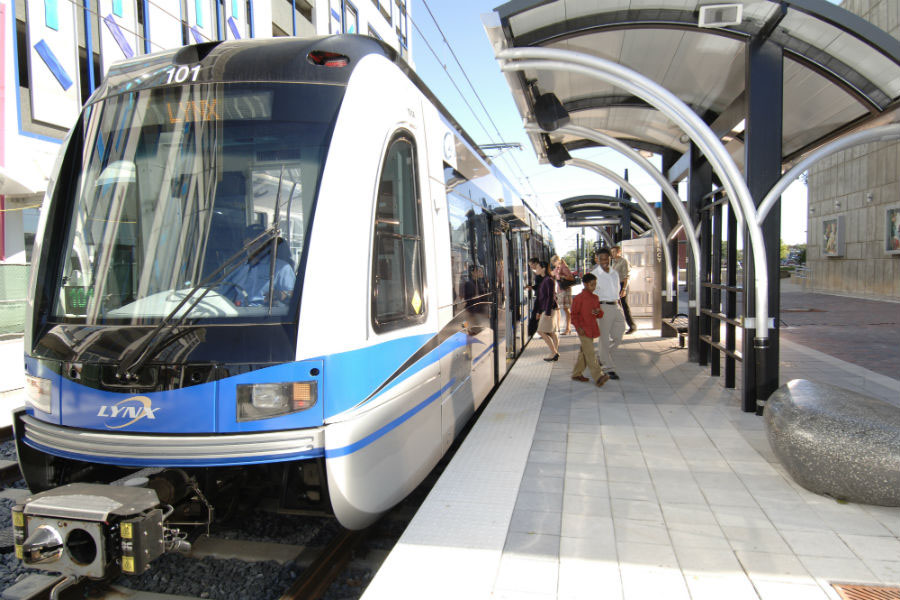In the United States, public transit options widely vary. Most people get from place – to – place using their personal vehicles, even in the heavily urban areas.
Much of the United States is designed as suburbs. There are cities, but families, especially with kids, move out to the suburbs where driving longer distances is necessary and houses are large.
This may seem wonderful and serene, much of it is contributing to harmful emissions, because of one reason: cars.
Unfortunately, the majority of people in the United States contribute negatively to the environment every day when they drive. Over the years, driving has turned into something that is only done when they need to travel long distances, from something just about every adult in the United States of America does every day.
This is precisley why we need a comprehensive, well funded, and convenient public transit system in the U.S. An increased investment in light rail, buses, long distance train travel, and even underground trains (metro).

If we had these resources, I am convinced that people would want to travel, not using their personal vehicles, but using public transit that is available to everyone. Think about it: less money spent on gas, fewer car repairs, and decreased risk of accidents, speeding tickets, and traffic.
It is not just for convenience’s sake that we need public transit. We need public transit to limit the harshest effects of climate change. The emissions that come out of your tailpipe really are a nuisance on the environment. Yes, I believe electric cars are a big improvement and should be heavily invested. However, eclectic cars are not the only solution. They limit emissions, but not completely. Heavily investing in public transit is possibly the only solution to restrain transportation emissions.
Think about Europe. A person can spend a week in London and have no need for a car. There is an entire underground system with dozens of stops and multiple “tube” lines. Thousands of people use the London underground train system every day as a daily commute.
The fact is, cars were and are a wonderful invention and tool. However, Americans, in particular, have been relying on them for far too long as their sole form of transportation. What we need as a country is less urban sprawl, fewer cars, and more public transportation.
It is true that buses and trains also produce a heavy, if not heavier amount of emissions. But, the difference is there are substantially fewer buses and trains per capita than cars. Although buses and trains are environmentally harmful, they are far better than everyone having their own personal vehicle.
Relying less on cars will have other positive effects. People in general will spend less money on gas, roads will not need to be repaired as often, and people will interact more because of increased socialization on public transportation.
While we cannot switch to public transportation overnight, we need to realize that the current reality most Americans are in, that driving to work everyday is a sustainable lifestyle, is just plain false.
The Climate Crisis has been ignored for far too long, by people of all walks of life. George H. W. Bush famously rejected any change to the American way of life when warned about the scientific outcome of carbon emissions, largely from vehicles. Unfortunately, not much has changed in 30 years as we continue to find ways to battle the climate crisis.
Now, in 2022, climate legislation is still stalled in congress. The Bipartisan Infrastructure Act did have funding for electric cars. However, the funding was not as robust as previously proposed. When all was said and done, gas vehicles got far more federal funds that electric cars. Similarly roadways received much more attention in the Act than public transportation.
This is not just a United States issue, but a global issue. The world’s biggest polluters: Russia, China, India, and the United States, to name a few, have not taken appropriate action regarding climate legislation. In all of these countries, decreasing reliance on cars is a massive step in the right direction. I hope the world can start to change their habits as soon as possible.
